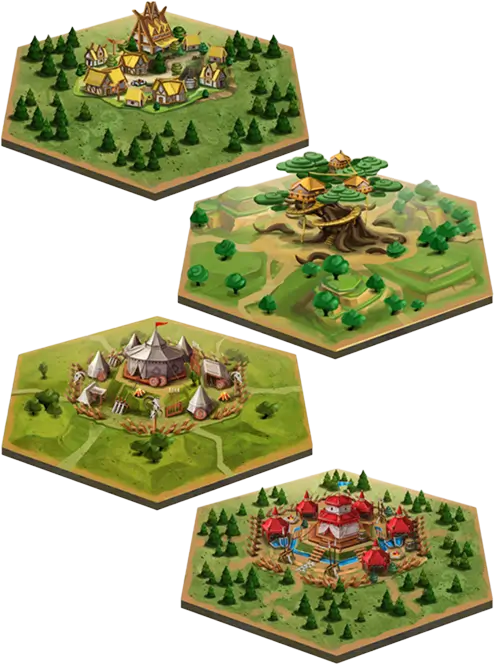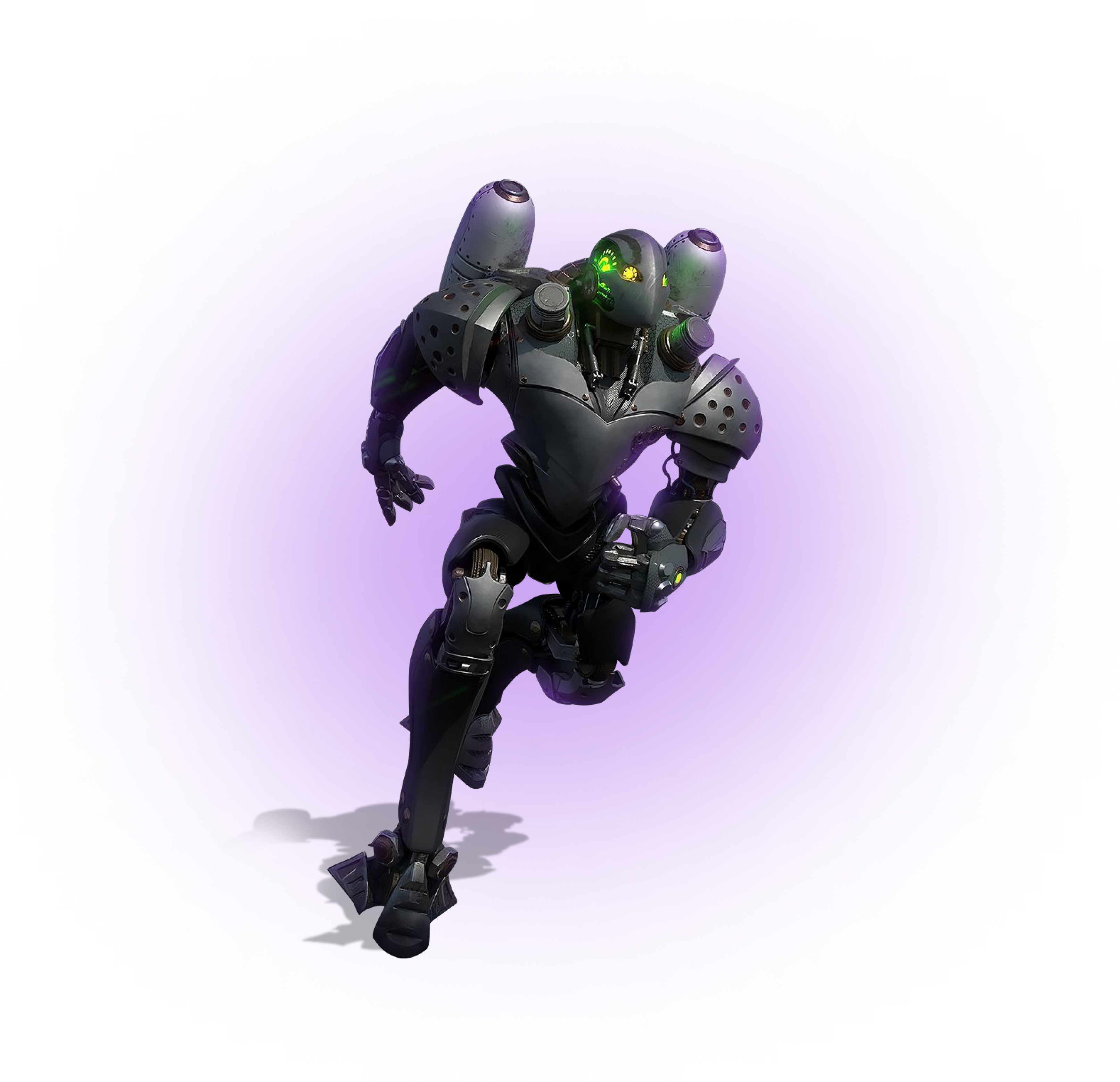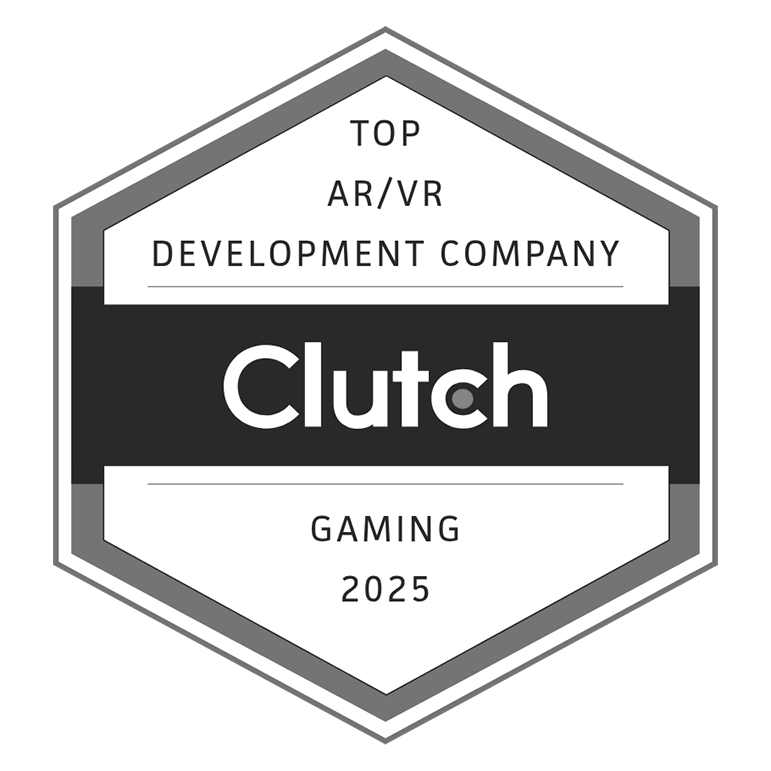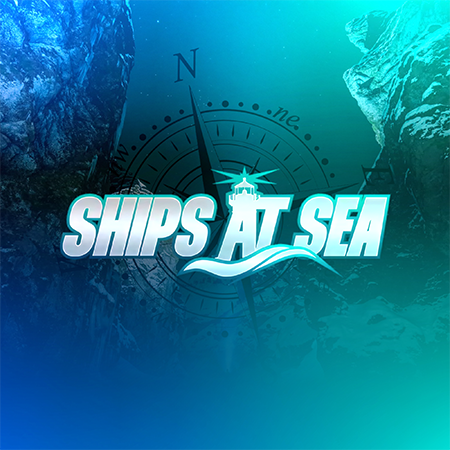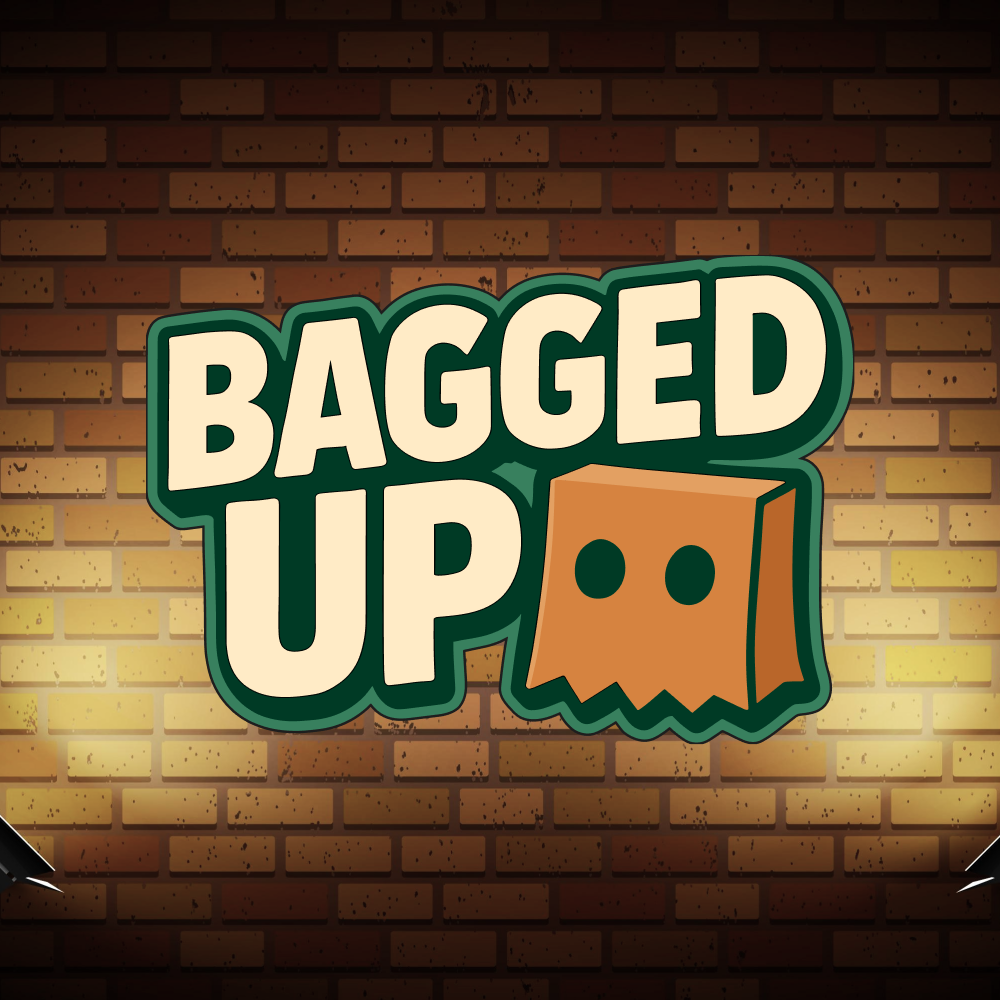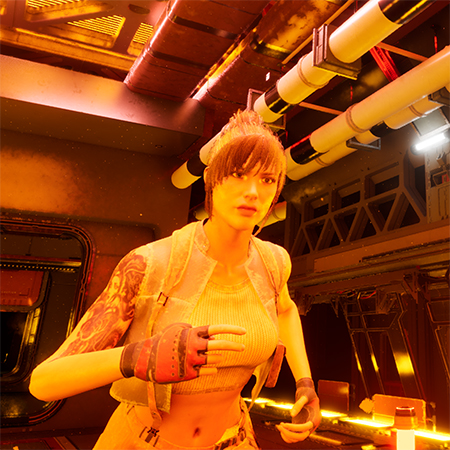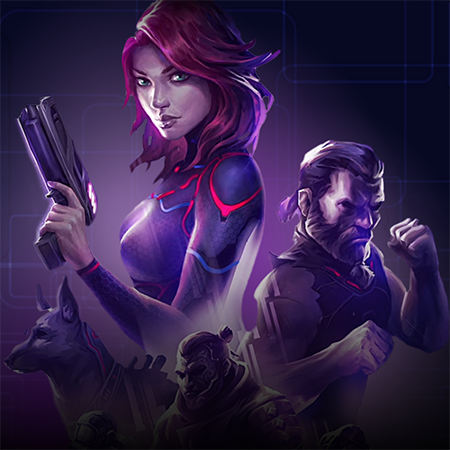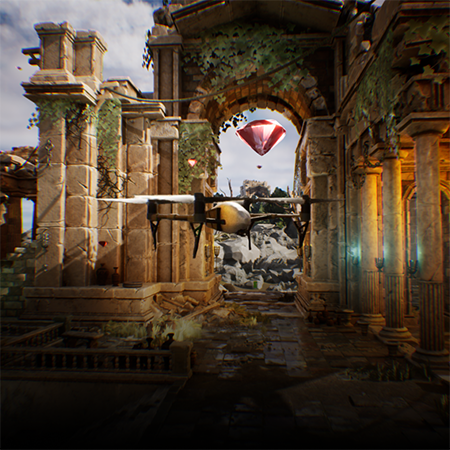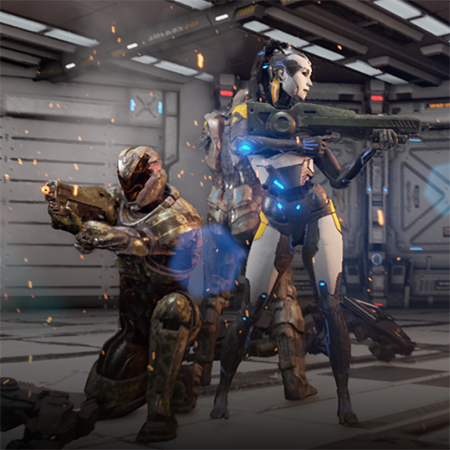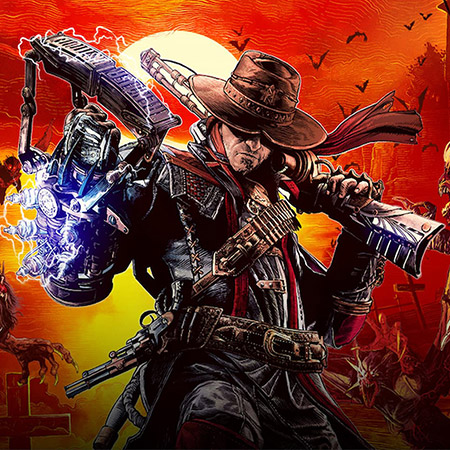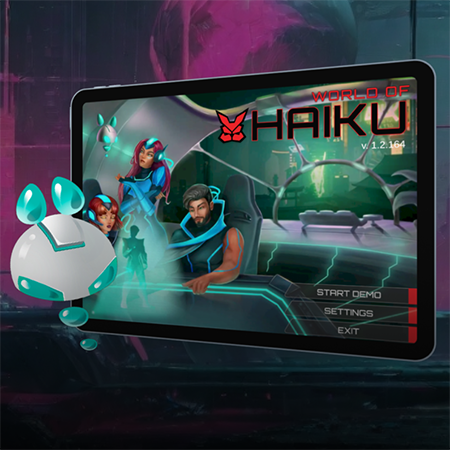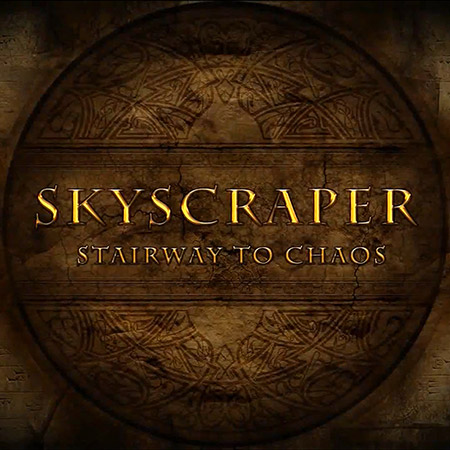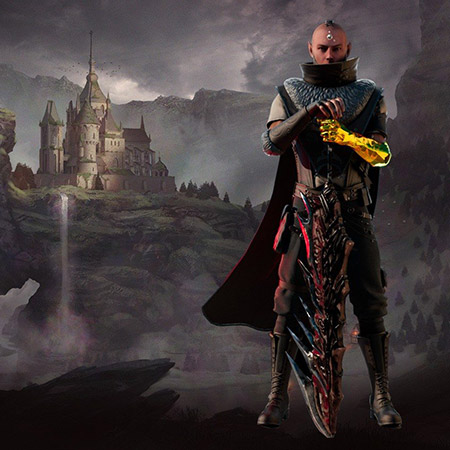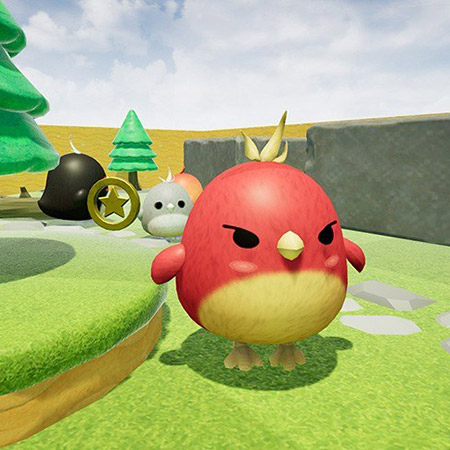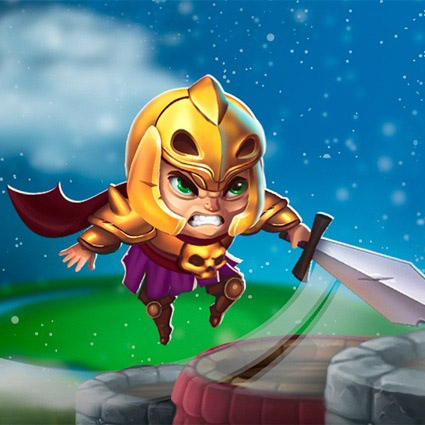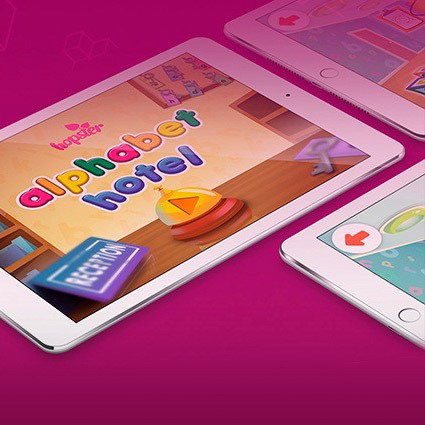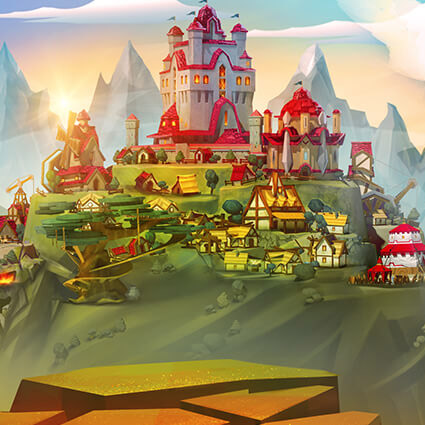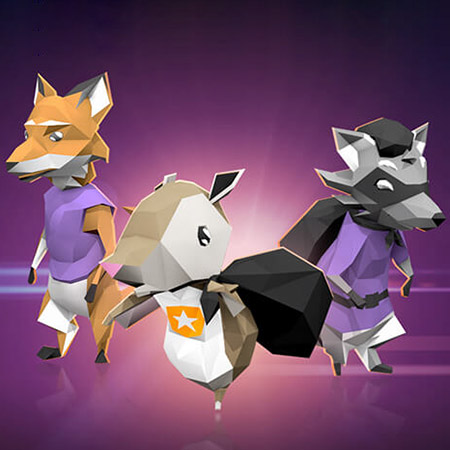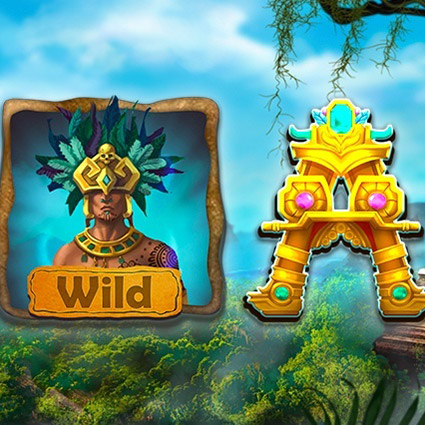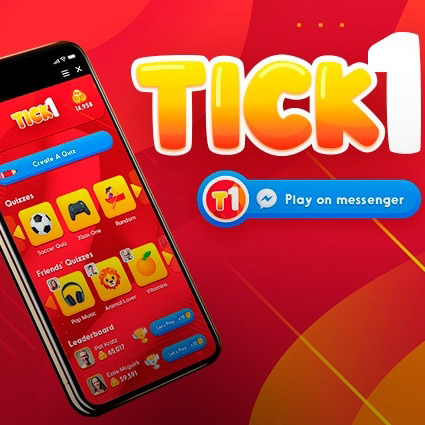The comprehensive procedure of metaverse development with an integrated NFT marketplace can range from a few months to several years, influenced by project specifics, team size, development methodology, and the technologies adopted. Let's delve into the different phases involved in creating a metaverse with an NFT marketplace and the time commitment needed for each stage.
Stage 1: Ideation and Planning
The initiation of metaverse development with an integrated NFT marketplace begins with ideation and planning. This stage involves defining the project's scope, recognizing the target audience, researching market demand, identifying the features and functionalities of the metaverse, and developing an exhaustive roadmap for the development process. This phase could last from a couple of weeks to several months, depending on your project's intricacy and the development team's size.
Stage 2: Design and Prototyping
The next step in building a metaverse with an NFT marketplace revolves around design and prototyping. During this phase, our metaverse development team constructs wireframes, mockups, and prototypes for the user interface, user experience, and overall design of the metaverse. This stage typically lasts for several weeks, guided by the complexity of the design and necessary revisions.
Stage 3: Front-end and Back-end Development
The third stage of metaverse development with an integrated NFT marketplace comprises both front-end and back-end development. Front-end interface development for our metaverse, using HTML, CSS, and JavaScript, along with back-end functionality development using programming languages like Python, Ruby, or Node.js, are at the core of this phase. This stage could last several months to over a year, depending on the complexity of the metaverse and the development team's size.
Stage 4: Testing and Quality Assurance
The fourth stage demands rigorous testing of the metaverse's functionality, performance, security, and compatibility across different platforms and devices. It can take several weeks to months as every facet of your metaverse with an integrated NFT marketplace undergoes thorough scrutiny.
Stage 5: Deployment and Maintenance
Deployment and maintenance form the fifth and final stage of creating a metaverse with an NFT marketplace. Our team conducts metaverse deployment on a server, arranges the necessary infrastructure, and provides ongoing maintenance and support for the metaverse. This phase can last from a few weeks to months.
Undertaking metaverse development with an integrated NFT marketplace is challenging and necessitates substantial planning, designing, developing, testing, and maintaining. Depending on your project size and the chosen development methodology, it can take several months or more than a year to successfully build a metaverse with an NFT marketplace. It's vital to consider factors like team size, expertise, and available resources when estimating the timeframe for metaverse development.
Game-Ace's metaverse development services with an integrated NFT marketplace offer manifold benefits for businesses and entrepreneurs eager to delve into the thriving NFT market. With our extensive experience in the gaming and blockchain sectors, Game-Ace is equipped with the proficiency to construct innovative, unique metaverses with integrated NFT marketplaces tailored to our clients' needs and their user base.
Our development team at Game-Ace follows a comprehensive and flexible development process that ensures timely delivery alongside superior results. We utilize advanced solutions and tools to develop scalable, secure metaverses offering a seamless user experience.
In addition, Game-Ace provides a suite of post-development services, including maintenance, support, and marketing, assisting clients in successfully launching and expanding their metaverse with integrated NFT marketplaces. We also offer competitive pricing and flexible engagement models to accommodate your project requirements.

